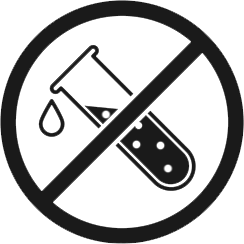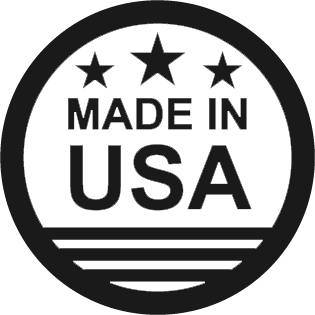1. Tambi, M. I. B. M., Imran, M. K., & Henkel, R. R. (2012).
Standardised water-soluble extract of Tongkat Ali, Eurycoma longifolia, on male sexual health: a randomised, double-blind, placebo-controlled, parallel study. Phytotherapy Research, 26(5), 740-746.
2. Neychev, V. K., & Mitev, V. I. (2005).
The aphrodisiac herb Tribulus terrestris does not influence the androgen production in young men. Journal of Ethnopharmacology, 101(1-3), 319-323.
3. Gonzales, G. F., Cordova, A., Vega, K., Chung, A., Villena, A., Gónez, C., & Castillo, S. (2001).
Effect of Lepidium meyenii (Maca) on sexual desire and its absent relationship with serum testosterone levels in adult healthy men. Andrologia, 33(6), 372-378.
4. Waynberg, J., & Brewer, S. (2000). Aphrodisiacs:
Contribution to the clinical validation of the traditional use of Ptychopetalum guyanna. The American Journal of Natural Medicine, 7(2), 41-48.
5. Wilson, A. M., Harada, R., Nair, N., Balasubramanian, S., & Cooke, J. P. (2007).
L-arginine supplementation in peripheral arterial disease: no benefit and possible harm. Circulation, 116(2), 188-195.
6. Ben, S., & Layne, G. (2008).
Cayenne (Capsicum frutescens L.) and its uses in phytomedicine. Molecular Diversity Preservation International, 5(4), 227-232.
7. Kim, S., & Lee, N. (2016).
The effect of Ginseng on physical performance and immune function in athletes: a systematic review and meta-analysis. Journal of Ginseng Research, 40(3), 222-229.
8. Chrubasik, J. E., Roufogalis, B. D., Wagner, H., & Chrubasik, S. (2007).
A comprehensive review on the stinging nettle effect and efficacy profiles. Phytomedicine, 14(7-8), 568-579.
9. Gryszczyńska, B., Ślebioda, Z., & Kulik, A. (2013).
Pumpkin seed oil modulates LDL cholesterol levels and HDL cholesterol levels in obese patients. Journal of Medicinal Food, 16(2), 136-141.











